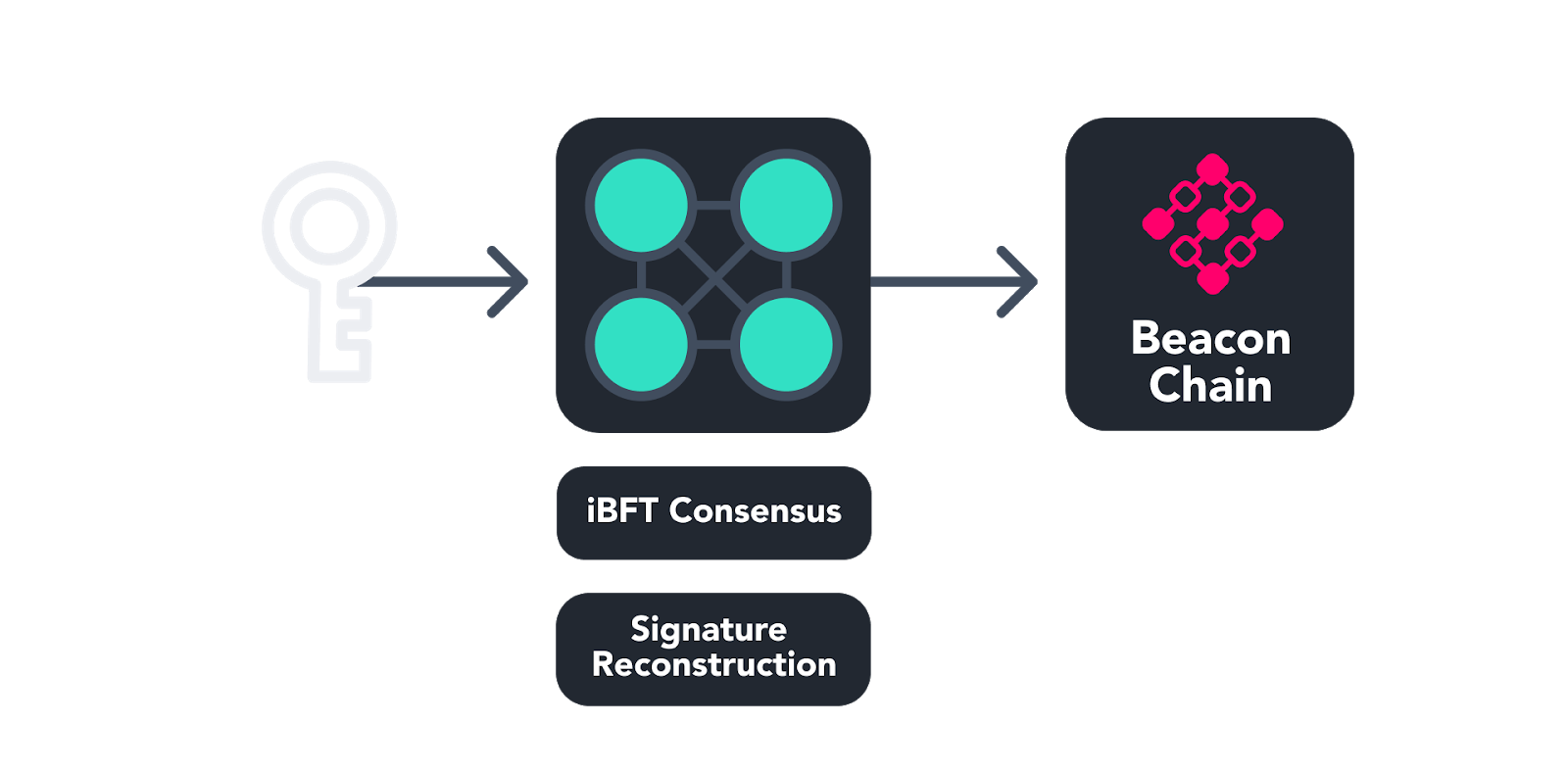Eth2 SSV Community Call #4–2021–03–03
A recap of everything that was discussed in the SSV Community call to inform all participants about phase 1 testing and further developments.

Notes from the SSV Community Call that took place on March 3, 2021. A basic overview of the team’s progress to date, and plans for the upcoming Phase I testing of a 7 node SSV validator running on Pyrmont.
SSV is a way to take a validator and split it up into different independent operators or nodes together with a consensus mechanism to agree on what to sign and broadcast the signed duties to the beacon chain. Essentially, a multisig with a consensus layer on top of it.

SSV helps prevent slashing as every node is independently connected to the beacon chain and independently decides if the proposed duty is valid. If there are more than ⅔ of the nodes that agree, each of them will partially sign the proposal data and broadcast it — any node that sees the partial signatures can reconstruct a valid beacon chain signature and broadcast it. Instead of having only 1 point that decides if or not to sign (which can lead to accidental slashing or hacks etc.) with SSV, there is a community that decides — a ⅔ threshold is needed to distribute the risk.
SSV also helps robustness and uptime as the group can continue executing duties if any one of the nodes is down for maintenance or for whatever other reason.
Use Cases
see Fireside Chat for more: Video, Written Notes
If you’re interested in running and maintaining an SSV node for around 10 days, reach out to the team on Discord in the SSV Channel. The team is looking for a diverse set of operators, the offer is open to at-home validators, staking services, and infrastructure providers alike.